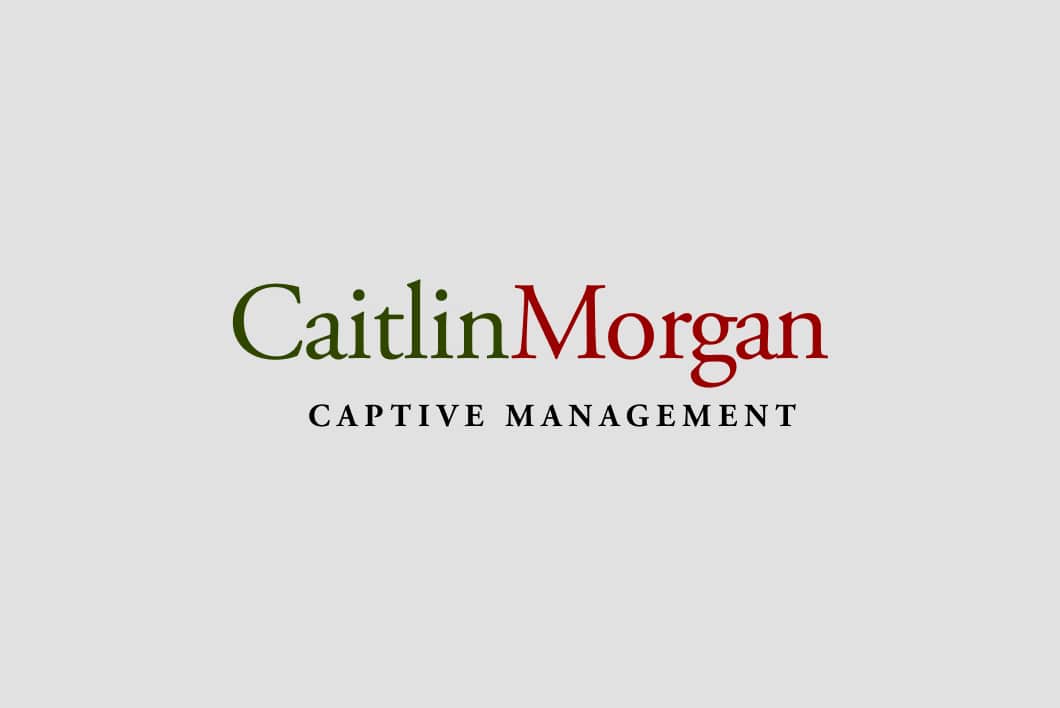Address
304 North Cardinal St.
Dorchester Center, MA 02124
Work Hours
Monday to Friday: 7AM - 7PM
Weekend: 10AM - 5PM

The coronavirus pandemic of 2020 has forced companies around the world to rethink their business models. Many of the changes experienced by business owners have been centered on governance and corporate planning. With an unclear economic future and ever-increasing risks, companies are exploring captive insurance solutions to provide flexible and robust coverage. COVID-19 and its impact on short-range planning may resonate for years to come; it is critical that business owners understand how captive insurance solutions may provide answers to the uncertainty many companies face in the coming year.
For businesses that have already established captive insurance solutions, a burning question looming on the horizon is “have your company’s exposures been reviewed?” For planning purposes, the answer to this question can have far-ranging impacts. The key to risk management is to identify risk exposures and to assess their impacts on business operations. The pandemic has upturned even the best-laid risk management plans. Evidence of this can be seen throughout the captives market as companies leverage captives to cover losses resulting from COVID-related business interruptions. Many of the risks facing business owners were unanticipated in the wake of the pandemic, and existing insurance coverages may not have been robust enough to provide adequate protection against these risks.
Captives planning, then, needs to address any potential shortfalls in coverage, particularly if risks can be priced and adjusted accordingly to meet business demands. In many cases, so-called “scenario planning” can be of great benefit moving forward. Scenario planning is comprised of four major components:
Significant Impacts Within Captive Insurance Solutions
Economic uncertainty has plagued business owners throughout the pandemic. Consumer and business-to-business demands have shifted while COVID restrictions have all but shuttered many operations. Among the leading pandemic impacts identified by insurance industry experts, several stand out:
Captives must be able to adapt rapidly to prevailing market conditions. Captive organizations must be prepared to consider a broad range of potential growth rates and recovery plans to meet the shifting market dynamics.
Employees have been severely impacted by pandemic restrictions, particularly when lockdowns and quarantines result in mass layoffs of personnel. Large pools of unemployed or underemployed individuals have not been mitigated by a similar pool of able talent; in other words, there has been a net loss of qualified individuals, and this has negatively impacted business continuity across industries. An agile captives insurance solution plan must take talent shortages into account, and must address coverages to help manage potential losses.
Closely related to employee shortages has been a significant decline in business productivity. Without qualified personnel, many businesses have had to reduce or curtail daily operations. Early analysis suggests that for businesses that have shifted to remote work options, productivity has not suffered. For other businesses that rely on in-person talent, however, the impacts have been severe. Again, captive insurance solutions must be able to handle shifts in productivity.
Mistrust between owners, employees, vendors, and contractors has proven to be pervasive in the wake of COVID-19. Forward-thinking companies have addressed this mistrust in their planning processes, and many industry analysts suggest this will eventually lead to a greater level of cooperation and empathy in the long term. Still, captives must be adequately funded and flexible enough to meet the changing needs of stakeholders, and planning for shifts in trust can be difficult.
Captive insurance solutions are enjoying greater exposure across industries, particularly as traditional insurance coverages have proven inadequate to meet the demands of COVID-19 shifts. Businesses that utilize captives must take a hard look at their existing coverages and must plan for continued uncertainty within their industry niches. Doing so can help to manage both costs and risks well into the future.
Caitlin Morgan Captive Services provides clients with captive insurance solutions supported by years of experience in establishing the successful formation and implementation of a wide range of captives. To learn more about how we can help you, please contact us at (855) 975-4949.